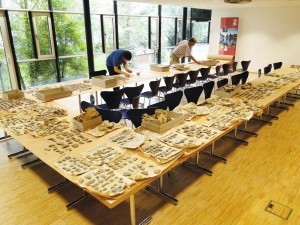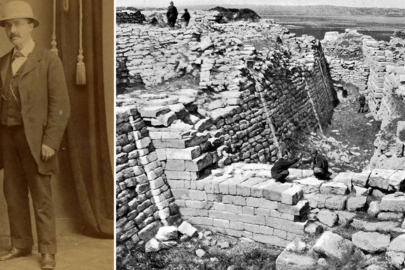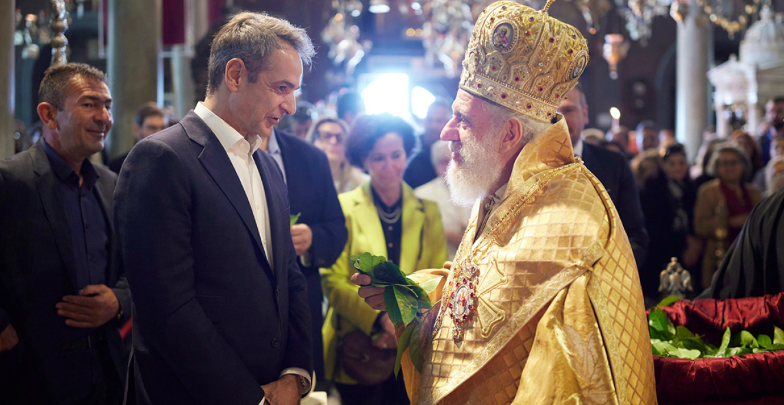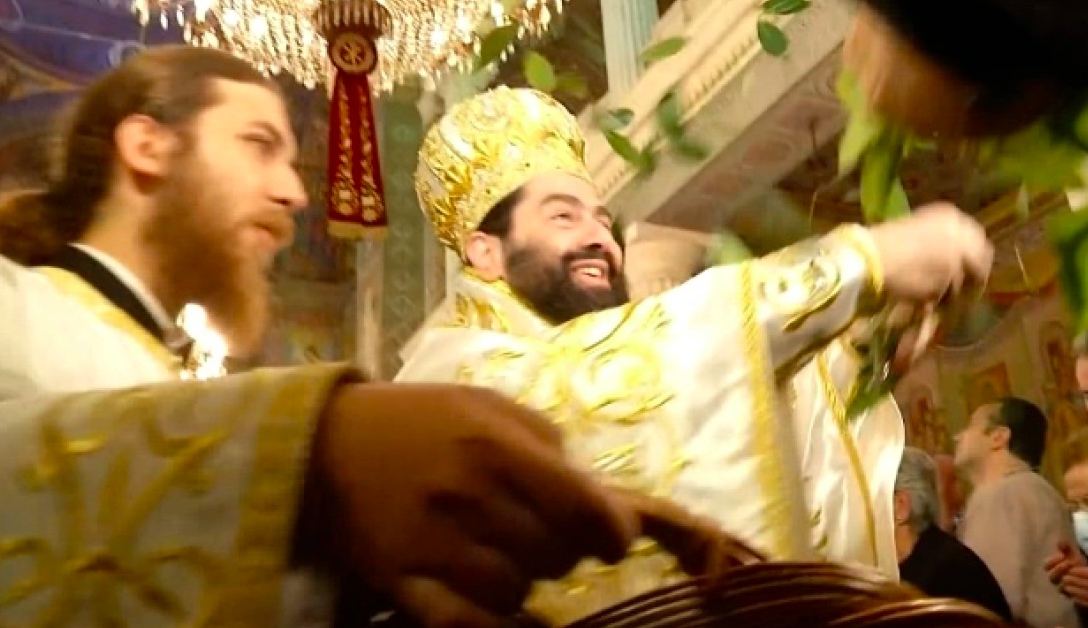After 73 years, thousands of Neolithic pottery fragments that were illegally excavated and transferred to Germany during World War II return to Greece. Among them are 10,600 fragments of clay vessels, stone artifacts, and osteological material that were unearthed during excavations carried out between June and December 1941 by the Nazi occupation forces.
In an official ceremony that was held at Pfahlbau Museum, an archaeological open air museum on Lake Constance (Bodensee) in southern Germany on Wednesday, 10,626 Neolithic era findings were delivered to representatives of the Greek Ministry of Culture.
This is the second batch of ancient artifacts returning home in two weeks. The first batch included two treasures of ancient Cycladic art, namely a female figurine 88 cm tall and a copper dish, that were illegally obtained by the Baden state museum in Karlsruhe. Succumbing to pressure from the Ministry of Culture, Harald Siebenborgen, Director of the German museum, finally agreed to return the ancient artifacts, worth 4 million euros.
Culture & Sports Minister Konstantinos Tassoulas referred to the symbolism of the gesture and to incidents of antiquity smuggling and destruction recorded across Greece during the Nazi occupation. He also referred to the recent repatriation of archaeological material unearthed at the site of Magoula Visviki and neolithic sites in Thessaly, central Greece, noting that such moves contribute decisively to the strengthening of bilateral ties.
The National Archaeological Museum will be the first stop of the repatriated antiquities before they are transferred to local museums.
“The return of the findings was a matter of principle for us”
The initiative for the return of the ancient findings belongs to the director of Pfahlbau Museum, Professor Gunter Schöbel. Talking to Deutsche Welle, he revealed the reasons that led him to this decision:
“Modern science understands the importance of respect and therefore knows how significant archaeological findings are for the identity of a country. In this sense, the return of the pottery fragments was a matter of principle for us.”
Source: DW
Commenting on the importance of the German initiative to return the archaeological findings, the Director General of Antiquities and Heritage, Maria Vlazaki-Andreadaki, told Deutsche Welle:
“This is a highly symbolic gesture. They recognize that the cultural treasures should not leave their country of origin. The museum itself came to us and announced the return. The findings are not especially important archaeologically, they are mostly undecorated pottery fragments, not among our priorities for return.”






































